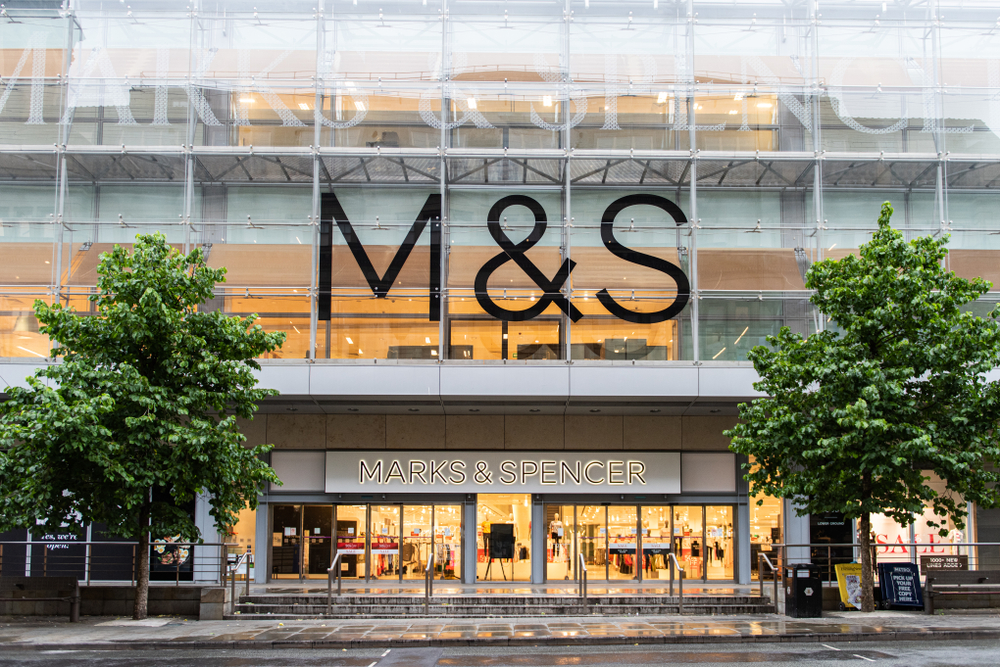What impact will the vote to leave the EU have on UK ecommerce and multichannel retailers? With the devaluation of the pound, one key answer will be about how well traders can manage their supply chains. A new study from Barclays this week looks at how retailers are responding so far, and finds that three-quarters are already looking to build more efficient supply chains, following the vote.
Around a third (30%) said they were considering changing suppliers, while 28% are looking at sourcing from different countries. That could benefit the UK: a third of retailers (32%) predict that they will source more from the United Kingdom, with only 12% expecting a reduction. Asia could also be a winner; 52% expect to increase supply chain activity in India and 43% in China. Consumers can expect to buy more products with an African supply source (38%), but Europe fares less well, with 43% of respondents anticipating a reduction in what they source from the region.
Ian Gilmartin, head of retail and wholesale at Barclays, said: “Getting your supply chain strategy right can be the key to success for retailers. It’s a mixed picture, but there are some encouraging findings in our post-Brexit survey. Retailers are not overly pessimistic about the impact of the vote on their supply chains, and yet they are still thinking carefully about what they need to do now, in particular with regards to which regions they source from and their foreign exchange strategy.
“It’s also reassuring to note that most retailers don’t intend to pass on costs to their customers and will instead look for other ways to tackle supply chain issues. The really significant news is that a third of retailers surveyed intend to increase domestic supply chain activity. At a time when we’ve all got to pull together to encourage growth in the UK this is a very positive sign, and at Barclays, we’re committed to doing all we can to support our clients with their supply chain strategy and to help businesses thrive.”
Although half (52%) think that their business is unprepared for Brexit, a small majority (56%) actually think that Brexit will have no real impact (41%) or a positive impact (15%) on their supply chain.
Brexit impact on prices
Cost management was already high on the agenda of finance directors before the EU vote, says Barclays. However, most retailers (59%) expect supply chain costs to remain the same or just increase slightly. Consumers will also be relieved to discover that only a third of retailers (31%) expect cost changes to result in price increases for customers.
As might be expected following the recent moves in the currency markets, foreign exchange concerns are high on the list of supply chain considerations. Four in five retailers (81%) expect the effect of Brexit on foreign exchange rates to have a negative impact on their supply chain and 70% will be reviewing their currency hedging strategy in light of the referendum result.








